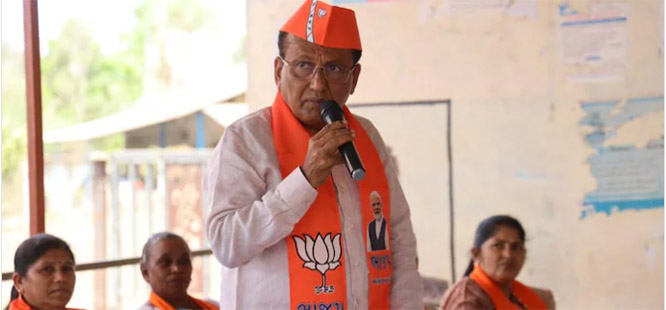The supply of Liquid Medical Oxygen (LMO) under the central quota to Karnataka, to sustain Covid-19 patients on ventilators, has been way less than the demand of 1,200 tonnes daily.
This is despite Chief Minister B S Yediyurappa's letter to the Centre and the Karnataka High Court directive to supply the state's share of oxygen, officials said.
According to the data shared by the authorities, on May 30, the state received half of the requirement — 545.85 tonnes of oxygen with a shortfall of 654.15 tonnes. Besides, it received 791.85 tonnes on May 29, 686 tonnes on May 28, 730 tonnes on May 27, 875.07 tonnes on May 26 and 728 tonnes on May 24.
The eight oxygen-producing units in Karnataka, which are located in different parts of the state, are the major source of medical oxygen though they too are unable to meet the demand.
On May 30, the state manufacturer supplied 425.85 tonnes of oxygen against the target of 830 tonnes daily, 572 tonnes on May 29, 446 tonnes on May 28 and 730 tonnes on May 27.
Apart from the state oxygen-producing units, Karnataka is receiving oxygen from Tata Angul, Jamnagar and Rourkela Steel plant.
During the second wave of Covid-19, which began approximately in the first week of March this year, the daily infections hovered between 40,000 to 50,000.
Due to stringent restrictions from April 27 which will be in effect till June 7, the cases came down drastically. On Monday, the state reported 16,604 fresh infections and 411 fatalities due to Covid-19 whereas there were 3.14 lakh active cases.
However, the demand for oxygen remained high in view of the high number of active cases in the state.
"We still need 1,200 tonnes of oxygen, but we are getting way less than it," an official told PTI requesting anonymity.
According to him, the Chief Minister has written to the Centre to increase the supply of oxygen and the High Court has also ordered the Centre to give Karnataka its share of LMO.







Comments
Add new comment